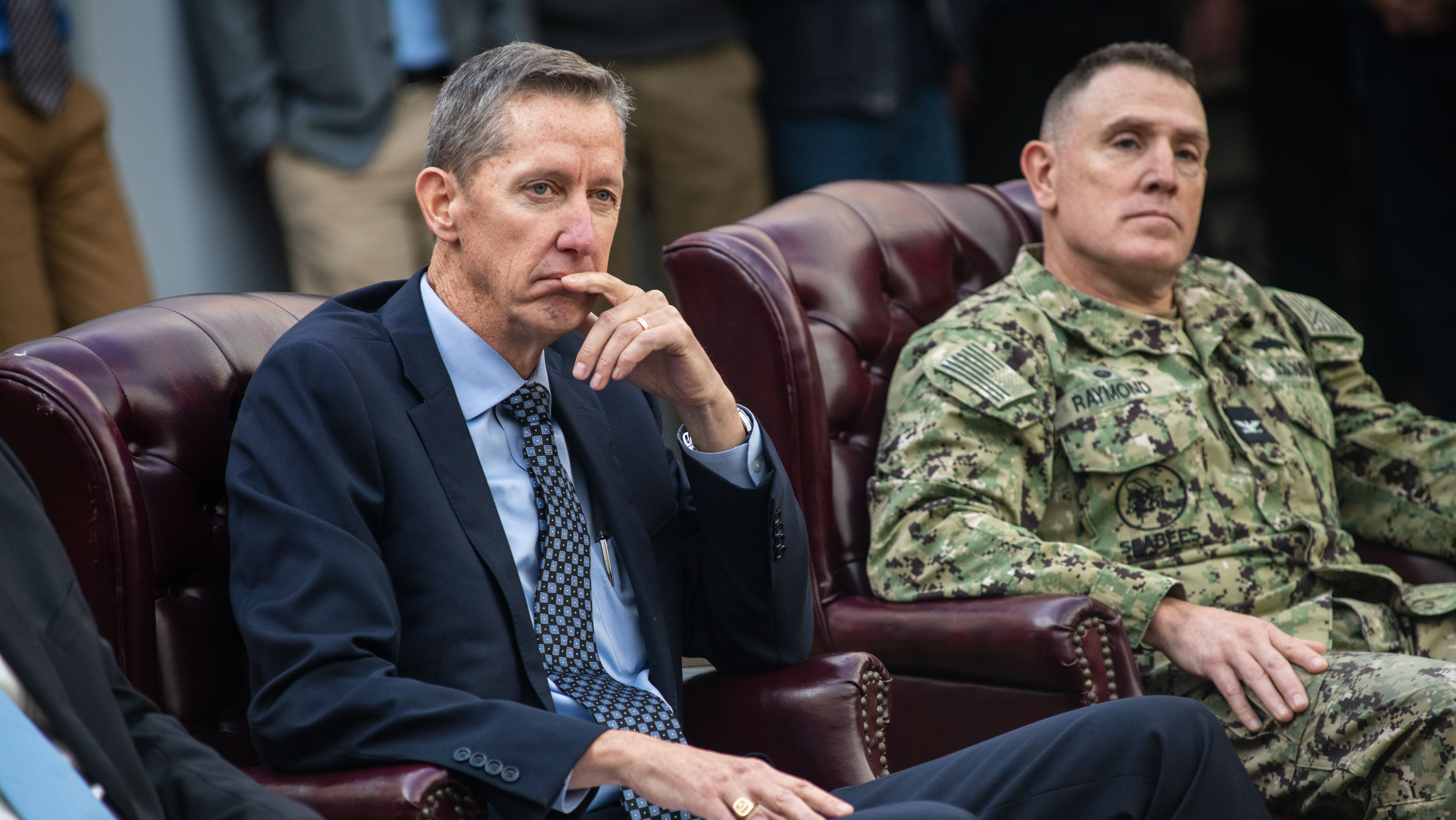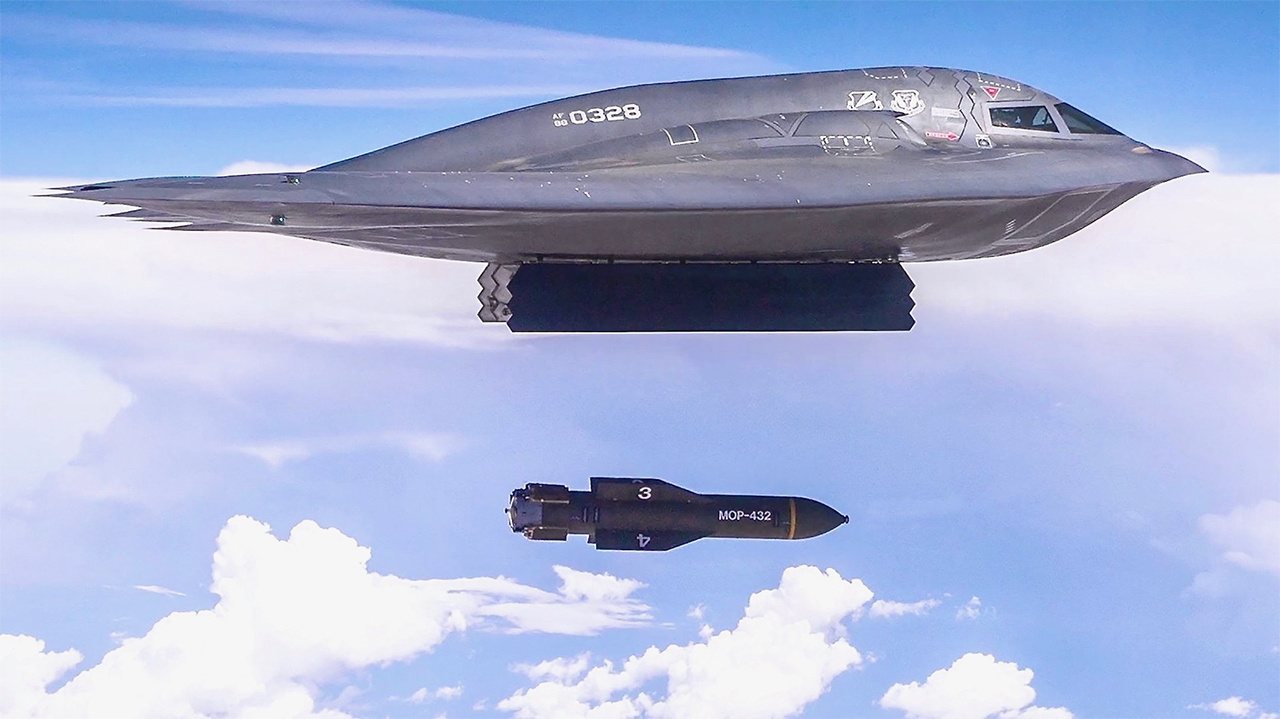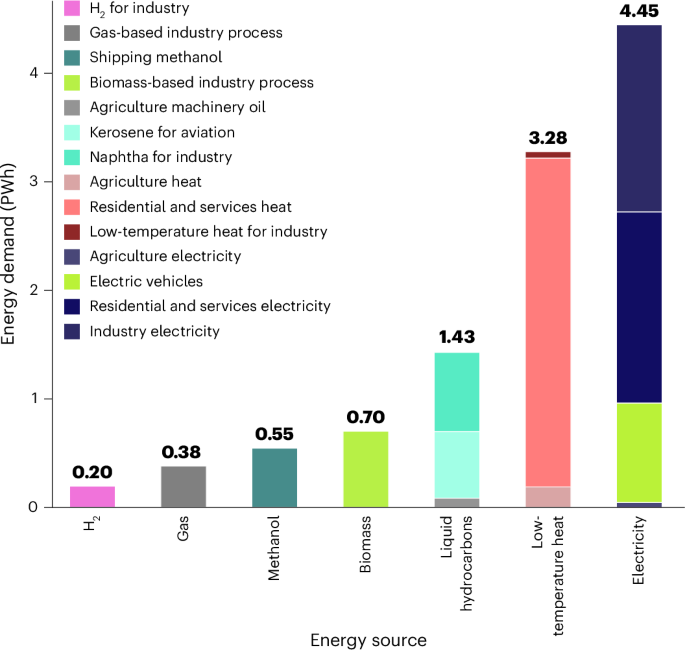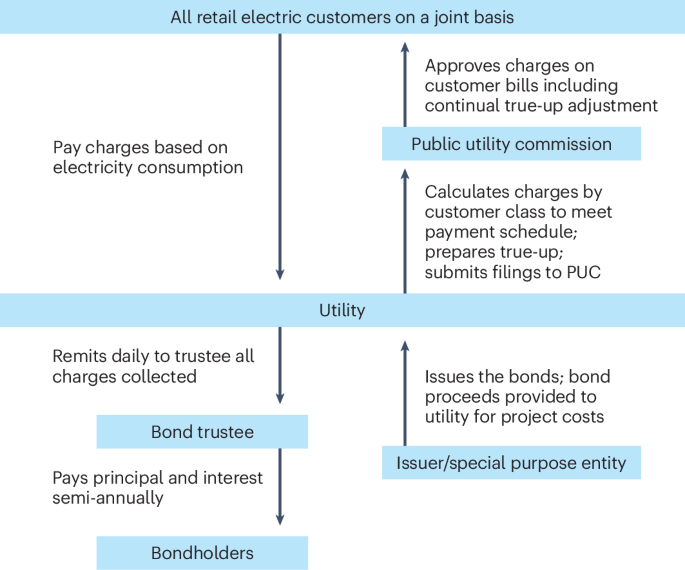White House executive order aims to speed arm sales, cut red tape
The order includes a directive for State and DoD to compile a list of “priority partners” and “priority end items” for transfer.
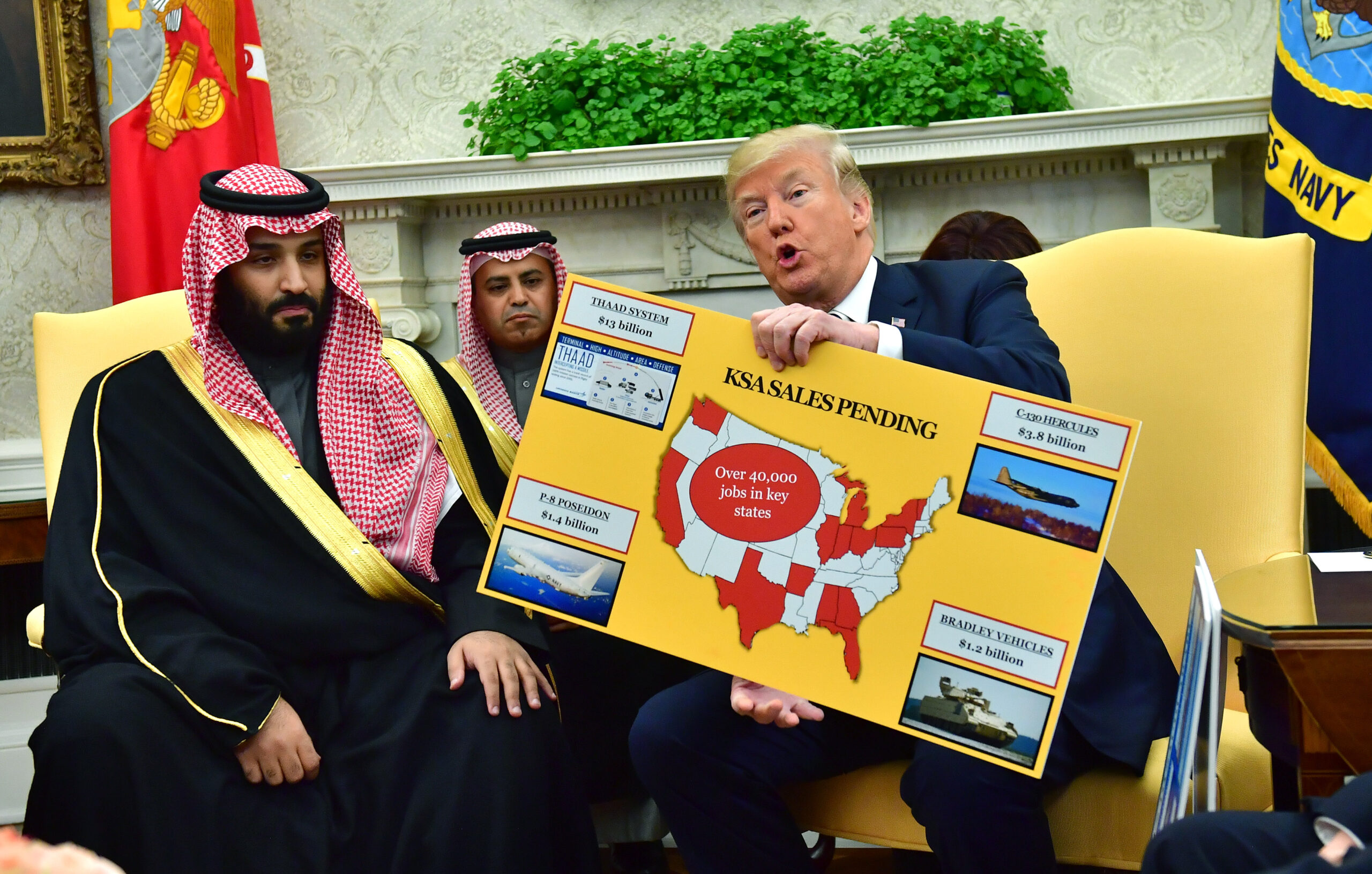

Then-President Donald Trump (R) holds up a chart of military hardware sales as he meets with Crown Prince Mohammed bin Salman of the Kingdom of Saudi Arabia in the Oval Office at the White House on March 20, 2018 in Washington, D.C. (Kevin Dietsch-Pool/Getty Images)
WASHINGTON — President Donald Trump today signed an executive order aiming to speed up the sale of weapons to foreign customers, adding another chapter in a long-running saga to reform the highly regulated process for selling military systems abroad.
In a nod to both industry and foreign customer complaints about what can often be a lengthy acquisition process, the order, dubbed “Reforming Foreign Defense Sales to Improve Speed and Accountability,” seeks to “ensure predictable and reliable delivery of American products,” according to the text of the order released by the White House, including by reforming the Foreign Military Sales (FMS) process to “achieve cost and schedule efficiencies.”
“On April 9, the President signed an Executive Order to reform America’s foreign defense sales system,” a State Department official said in a statement. “This Executive Order directs the Department of State and Defense to improve speed and accountability by taking action with industry to reduce delays, improve efficiency, and enhance the ability of allies to get critical defense technologies faster.”
The order comes after years of effort to reform the at-times-cumbersome process of selling weapons to foreign customers, either through FMS or direct commercial sales (DCS). Amid the war in Ukraine and rising tensions in the Indo-Pacific, 2024 proved to be a record year for American weapons sales with orders collectively topping $100 billion — though whether that momentum will last as traditional American allies question their relationships with Washington is unknown.
Among other measures, the order aims to “reduce rules and regulations” governing weapon deals — such as by “reevaluat[ing]” restrictions on Category I items under the multilateral Missile Technology Control Regime — and instructs the secretaries of state and defense to compile and annually update a “list of priority partners for conventional arm transfers,” as well as “priority end-items.” The two secretaries are additionally instructed to update the list of defense articles that can only be purchased through the FMS process.
The White House directive seeks other changes that will likely be welcomed by industry, such as creating accountability metrics, building in exportability early in a program’s development and even creating an electronic system that can “track all DCS export license requests and ongoing FMS efforts throughout the case life-cycle.”
Notably, the order includes a call-out for “strengthening allied burden-sharing,” such as by defraying costs for production and increasing allies’ capacity “to meet capability targets independently, without sustained support from the United States.” Legislative changes will be needed to achieve some of the orders’ goals, as it proposes, via a joint letter to Congress, an adjustment of the statutory threshold for notifying the Hill of arms sales.
The order makes no mention of a previous Tiger Team created by the Biden administration to reform foreign defense sales, though it does appear to include some of the team’s recommendations. For example, the Tiger Team — which found that reforms for foreign defense sales were pursued roughly 18 months for the last two decades, leaving behind many recommendations that were still relevant but not enacted — advised increasing the congressional notification threshold to adjust for inflation, among other measures.
The finding of previously shelved recommendations was “a really key takeaway for us in thinking about how we move forward with implementation of the Tiger Team recommendations to make sure that we don’t become the next in a long line of studies that unfortunately didn’t deliver all the results the department had hoped for,” Sasha Baker, the former Deputy Under Secretary of Defense for Policy, said last year.
Today’s announcement also represents the second go at speeding up the FMS process for a Trump White House. In 2018, the first Trump administration pushed through a series of reforms that, while much ballyhooed, ended up falling short of industry expectations. Some of those reforms were spearheaded by Peter Navarro, now Trump’s trade advisor, who pushed the idea that defense sales were a tool for economic growth. The executive order issues today formally directs the implementation of the 2018 memorandum, “or any successor policy directive.”
Shortly after its release, some in industry lauded the order.
“We are excited to see President Trump take these long-overdue steps towards reforming the FMS process, and the efforts to seek industry input on these critical matters,” Nicola “Niki” Johnson, vice president of government affairs at General Atomics Aeronautical Systems, said in a statement. “There are a variety of issues his Administration can address quickly, and this EO appears to be heading exactly in that direction.”
Eric Fanning, president and CEO of the Aerospace Industries Association trade group, said “Today’s Executive Order to review the defense sales system is a welcome step as American industry continues to support our nation’s foreign policy objectives, deliver the best capabilities, and create high-paying jobs here at home.”
























































































